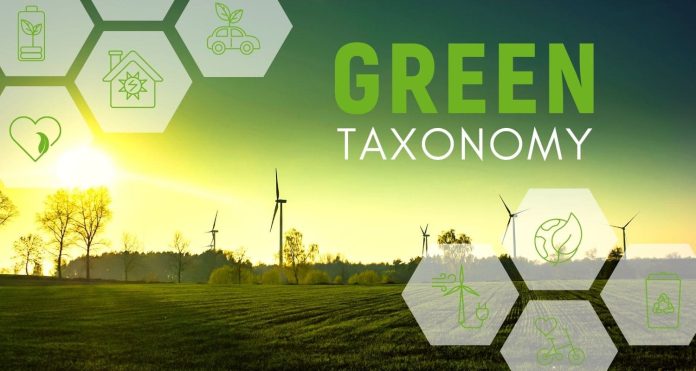The European Union has announced a sweeping simplification of its sustainability taxonomy, a move aimed at easing the compliance burden for companies across Europe. While the changes are largely designed to benefit EU-based entities, the ripple effects will be felt well beyond its borders, including in Africa, where the EU remains a key trade partner, investor, and climate policy influencer.
The EU Taxonomy is a framework that classifies which economic activities can be deemed “environmentally sustainable.” Introduced in 2022, it was designed to guide capital towards green investments and support the bloc’s ambitious climate goals. Under the updated guidelines, companies will now be exempt from assessing non-material activities—those contributing less than 10% to revenue, expenditure, or investments. Additionally, reporting templates will be significantly streamlined, with a 64% reduction in required data points for non-financial firms and 89% for financial institutions.
This may sound like a purely European affair, but for Africa—where economies are increasingly linked to global ESG frameworks, this development is far from irrelevant.
Read more: European Union gives EFRAG more time to revise sustainability reporting rules
For African suppliers and exporters integrated into EU value chains, particularly in sectors like agriculture, textiles, and mining, the changes may reduce pressure to align with complex ESG reporting requirements. In the short term, this could ease compliance costs and make it easier for African SMEs to maintain EU market access.
However, sustainability experts caution that this simplification could also weaken momentum toward robust ESG adoption on the continent.
The EU Taxonomy has also served as a benchmark for international investors and development finance institutions (DFIs) that fund green projects in Africa. With the EU now offering more flexibility on what qualifies as ‘green,’ African project developers may see changes in how their activities are assessed and funded.
This development also comes at a time when countries like South Africa and Kenya are building or piloting their own green finance taxonomies. These national frameworks are often inspired by or aligned with the EU’s structure, and Brussels’ new direction could influence how African regulators choose to proceed.
Read more: United Nations backs GRI Standards, Opening a new chapter for African sustainability reporting
EU officials insist the reforms are about balance. “Our measures simplify the application of the EU Taxonomy and strike the right balance between reducing administrative burden for our companies, while keeping our longer-term goals in focus,” said Maria Luís Albuquerque, EU Commissioner for Financial Services.
For Africa, the real challenge is finding that same balance—encouraging sustainable economic growth without adopting green standards that are too cumbersome or too watered-down to be meaningful. As African governments and businesses continue to deepen engagement with global green finance, this moment presents both a caution and an opportunity. The simplification of the EU Taxonomy is a reminder that while rules may change, the goal remains the same: financing a just, inclusive, and resilient transition.





